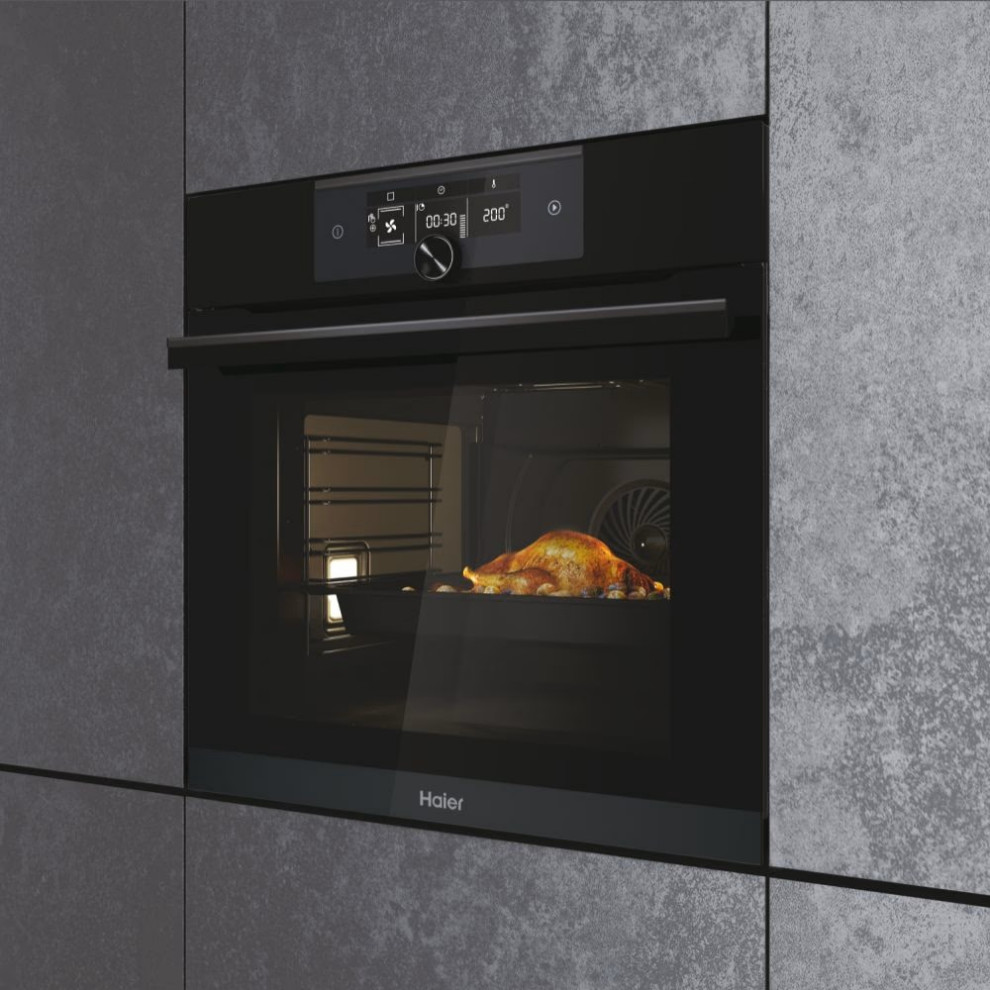How Does AI Fit Into Your Kitchen? Unlocking the Benefits of Smart Technology

In today’s fast-paced world, the kitchen is evolving into a hub of innovation and efficiency, thanks to the integration of artificial intelligence (AI) and smart technology. From smart appliances to AI-driven design, these advancements enhance our cooking experiences while promoting sustainability and energy efficiency. Let’s explore how AI fits into modern kitchens in the UK and the benefits it brings.
1. The Rise of Smart Appliances
Smart appliances are revolutionising how we cook and manage our kitchens. From refrigerators that monitor expiration dates to ovens that can be preheated remotely, these devices offer convenience and improved functionality. Here are some notable smart appliances available in the UK:
- Smart Refrigerators: Equipped with touchscreens and Wi-Fi connectivity, these refrigerators can create shopping lists, suggest recipes based on available ingredients, and even notify you when items are running low. Brands like Samsung and LG lead the market with features that enhance user experience, such as the Samsung Family Hub, which allows you to view the inside of your fridge via a camera from your smartphone.
- Smart Ovens: Ovens that can be controlled via smartphone apps allow you to preheat and monitor cooking from anywhere. Models such as the Neff Slide & Hide and the Bosch Series 8 use AI to recognise food and automatically adjust cooking times and temperatures for optimal results.
- Smart Dishwashers: These appliances utilise AI to analyse load types and optimise water usage, reducing energy consumption and ensuring a thorough clean. Brands like AEG and Miele offer models that are both efficient and eco-friendly.
2. AI in Kitchen Design
AI is not just transforming appliances; it's also playing a significant role in kitchen design. With AI-driven design software, homeowners can visualise their kitchen spaces before making any purchases. This technology allows users to:
- Experiment with Layouts: AI tools can suggest optimal layouts based on the dimensions of your space and the workflow in the kitchen, ensuring that everything is easily accessible and functional. UK-based platforms like RoomSketcher and SketchUp provide user-friendly options for planning your kitchen.
- Select Materials and Finishes: Advanced design software can recommend materials and colour schemes that complement your style while also considering sustainability factors. Homeowners can explore eco-friendly materials that reduce their carbon footprint, such as reclaimed wood or recycled materials.
- Predict Trends: AI analyses data from various sources to predict design trends, helping homeowners stay ahead of the curve when renovating their kitchens.
3. Sustainability and Energy Efficiency
Incorporating AI and smart technology into the kitchen not only enhances convenience but also promotes sustainability. Here’s how:
- Energy Management: Smart appliances can be programmed to operate during off-peak hours when energy rates are lower, reducing overall energy costs. Many devices provide real-time energy usage data, enabling homeowners to make informed decisions about their consumption. The UK’s Energy Networks Association encourages consumers to consider smart technology as a way to manage energy use more effectively.
- Waste Reduction: AI-powered systems can help minimise food waste by suggesting recipes based on leftover ingredients and tracking expiration dates. This not only conserves resources but also saves money. Apps like Too Good To Go are gaining popularity, helping users buy surplus food from local shops and restaurants at reduced prices.
- Sustainable Materials: Many smart kitchen design tools emphasise the use of sustainable materials and eco-friendly products, making it easier for homeowners to make environmentally conscious choices.
4. Price Considerations
While investing in smart appliances and AI-driven design tools can initially seem costly, the long-term benefits often outweigh the expenses. Here’s a breakdown of typical price ranges in the UK:
- Smart Appliances: Prices vary widely depending on the brand and features. For instance, smart refrigerators can range from £1,000 to over £3,500, while smart ovens typically range from £700 to £2,500.
- AI Design Software: Many design tools offer free basic versions, while premium features may range from £10 to £40 per month. This investment can save significant costs by reducing mistakes during renovations.
- Energy Savings: Although smart appliances may have a higher upfront cost, they often lead to substantial savings on energy bills, which can recoup the initial investment over time. The UK government also provides incentives for energy-efficient upgrades, making these investments more accessible.
Conclusion
The integration of AI into kitchens is more than just a trend; it’s a transformative movement that enhances functionality, promotes sustainability, and streamlines our culinary experiences. By embracing smart appliances, leveraging AI in design, and focusing on energy efficiency, UK homeowners can create kitchens that are not only stylish and efficient but also environmentally responsible. As technology continues to advance, the possibilities for our kitchens are limitless, making now the perfect time to unlock the benefits of smart technology in your culinary space.h
